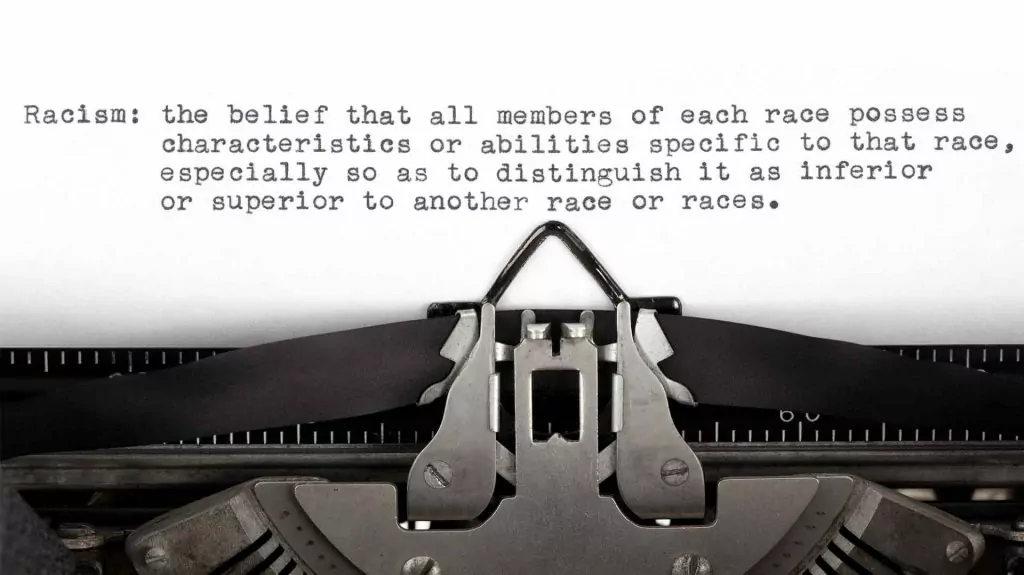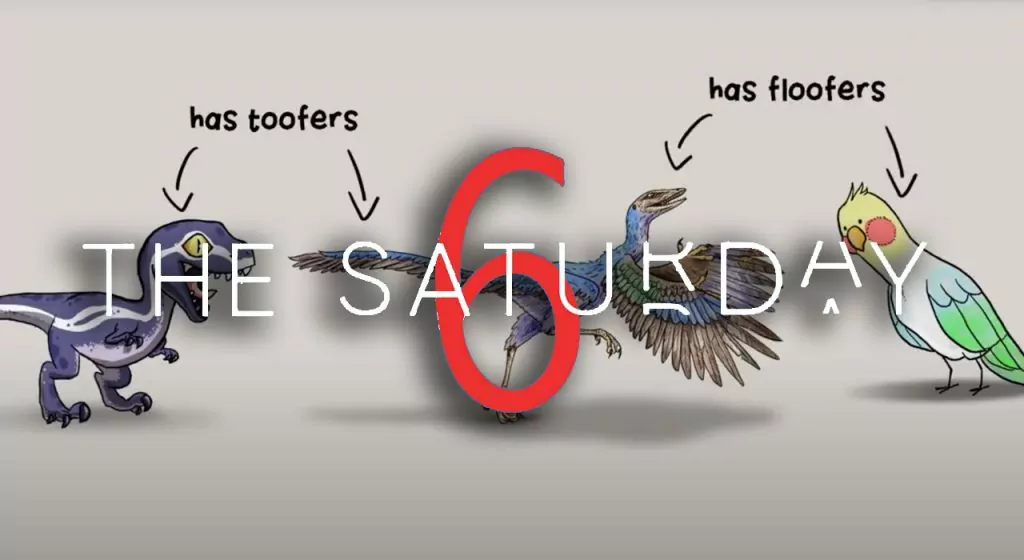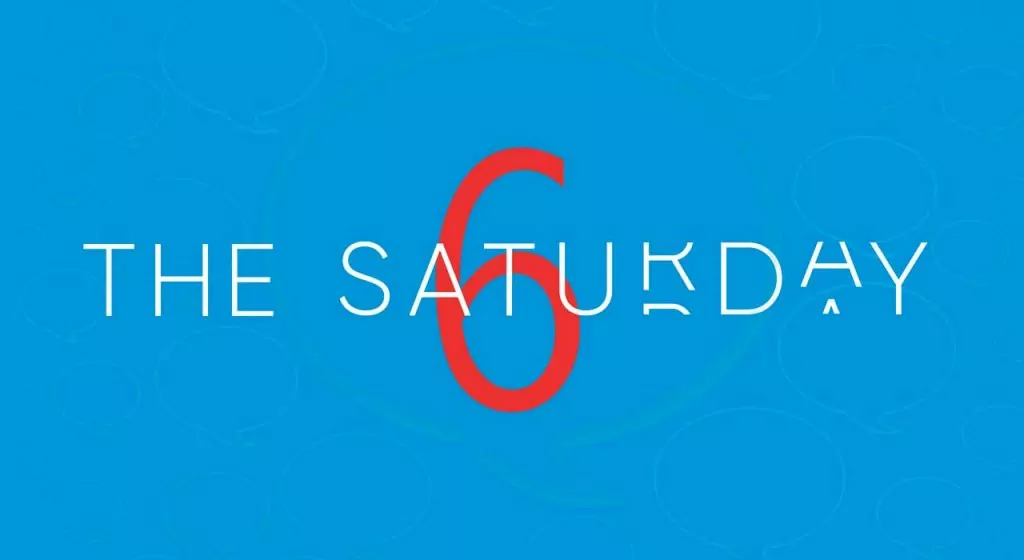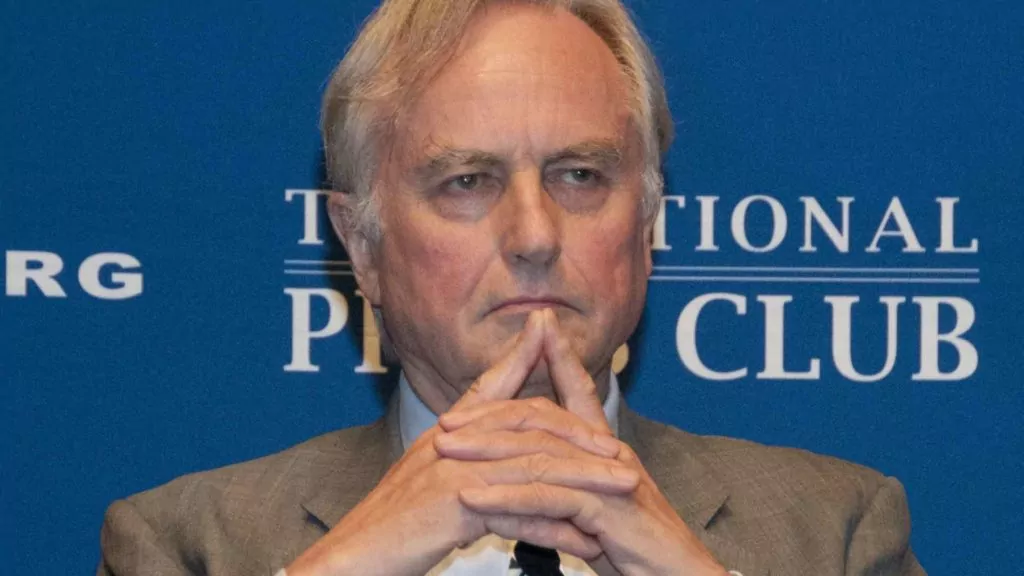
News
Saturday Selections - June 6, 2020
Stepping up by stepping away
Warren Barfield was once best known for his songs The Time is Now, and the one below, Love Is Not a Fight. But then, in 2017, the Christian singer, songwriter, and public speaker stepped away from the spotlight because, in his words, he didn't want to:
"...be out building a career and wealth while my wife and kids built memories and a life without me. With my wife’s full support I walked away from the promise of material success, to pursue something priceless with her, a life.... Bottom line, I’m more interested in being an intentional husband and father and a good man rather than just playing one on stage or social media."
And for three years now that's the last we've heard of him.
Is there a settled scientific consensus about wearing masks?
Should everyone in public wear a mask? Even as some call it "settled" science that we should, other experts disagree. While that tells us very little about the effectiveness of masks, it does tell us something about those who proclaim things settled when they aren't.
Keep the good from the COVID quarantine
Being forced to stay at home has brought with it some positives. When it is all over, will we be able to take those with us?
Focus on the Family offering free movies/audiobooks
Focus on the Family has produced some fun family-friendly material like a dramatized audio version of C.S. Lewis' Narnia books, the Last Chance Detectives films, and the Adventures in Odyssey radio series. And they are now offering a lot of this content for free, with the only requirement being your name and email address. Parents should note that this Christian group, though conservative, is not Reformed and on occasion Arminian tones will pop up in their materials.
Frontal lobotomies: a Darwinian mental health holocaust (15-minute read)
Before the procedure was discredited, as many as 35,000 were subjected to frontal lobotomies. This "psychosurgery" was based on evolutionary beliefs, and it was those beliefs that led to harmful conclusions. There is a relevance to today because many secular psychologists are also evolutionists, and if they don't understand who we actually are and why we are here, that will have implications for how they try to restore us.
Why Christians shouldn’t jump on bandwagon of progressive groups like Black Lives Matter
"I can say, heartily, that black lives matter....however, I cannot support the organization Black Lives Matter. As I’ve noted before, their guiding principles include the promotion of the LGBT agenda and new and radical interpretations of gender (they want to “dismantle cis-gender privilege,” for example.) Their leaders are, without exception, radically pro-abortion..."
What an NBA reporter's tweet reveals about Christianity (6 min)
On May 25 a Minneapolis police officer killed an African American suspect, George Floyd, by placing a knee on the handcuffed Floyd's neck for more than 8 minutes. Some protests in bigger cities turned into riots, with police vehicles and businesses being set on fire. On May 29, the officer, Derek Chauvin was charged with murder.
In this video, Whaddo You Meme's Jon McCray looks at what one reporter's reaction to the riots reveals about how if God were to judge us by even just our own standards, we would never measure up.





















